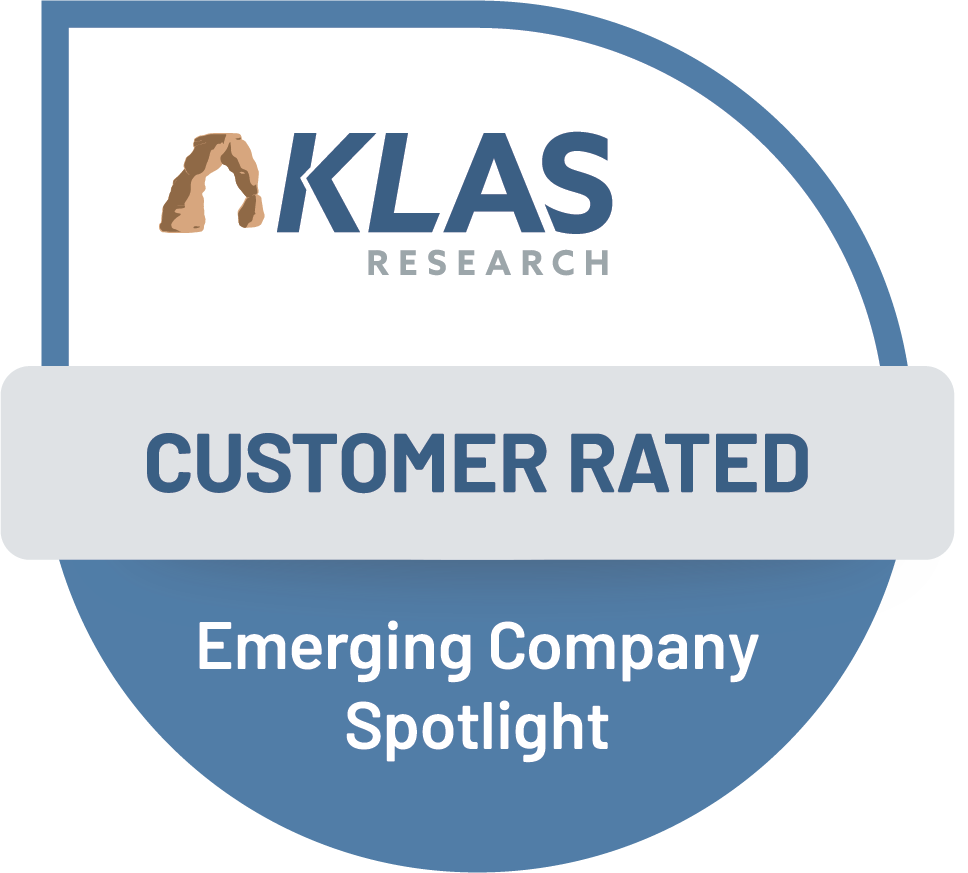LogicStream Health Highlighted by KLAS for Drug Shortage Software
Leave a CommentMINNEAPOLIS – April 09, 2024 – LogicStream Health, the leading drug shortage management software firm supporting hundreds of hospitals nationwide, today announced the company has been highlighted by KLAS in the research firm’s latest report analyzing drug shortage software. LogicStream’s Shortage Navigator software achieved high scores by customers, according to KLAS, for its capability to deliver “significantly improved shortage recognition, navigation, and communication. LogicStream Health is highlighted for their strong support team that listens to feedback and delivers on requests.”
One director interviewed by KLAS noted, “When we have a shortage, there is a lot of information available to us. The system tells us whether the shortage is getting better or worse or whether it is staying the same. It also helps determine where the item is used and adjust order sets so that we diminish the amount that we are using for the shortage. The system is good at tracking.”
“Drug shortages are a significant, persistent problem that represent a serious risk to patient safety and health,” said Patrick Yoder, PharmD, LogicStream Health CEO and co-founder. “We are honored to be recognized by KLAS in its report for our groundbreaking software innovations that have been consistently helping our healthcare customers since 2018 provide the highest quality of care to their patients.”
LogicStream’s Shortage Navigator software received an overall performance score of 87.8 (limited data) from KLAS in its March 2024 “Emerging Company Spotlight”. The report reveals an overwhelming number of customers as satisfied or highly satisfied with Shortage Navigator. In addition, more than 80 percent of customers surveyed indicated to KLAS that they would buy the LogicStream Shortage Navigator software again. Other notable customer comments in the KLAS report show LogicStream Health as a highly responsive vendor that “keeps all promises” and delivers a product that “works as promoted.” Said one analyst customer: “I admire LogicStream Health’s connectivity. The vendor offers so much meeting support. That is great. Every time I have an opportunity for improvement for LogicStream Health, I give the opportunity to them, and they do it.”
About KLAS
KLAS is a research and insights firm on a global mission to improve healthcare. Working with thousands of healthcare professionals and clinicians, KLAS gathers data and insights on software and services to deliver timely reports and performance data that represent provider and payer voices and act as catalysts for improving vendor performance. The KLAS research team publishes reports covering the most pressing questions facing healthcare technology today, including emerging technology insights, that provide early insights on the future of healthcare technology solutions. KLAS also fosters measurement and collaboration between healthcare providers and payers and best practice adoption. Learn more at klasresearch.com.
About LogicStream Health
LogicStream Health is trusted by a community of high-performing healthcare providers across the United States. The company’s software-as-a-service (SaaS) platform stands alone in its ability to help customers gain instant insights to improve vital clinical processes and patient care. As a result, customers reduce cost and improve outcomes. Healthcare customers are saving millions of dollars with the LogicStream Health software. LogicStream’s Shortage Navigator software is used by hundreds of hospitals because it is ‘must-have’ technology enabling clinical teams to quickly respond to and manage drug shortages. For more information, please visit www.LogicStreamHealth.com.

